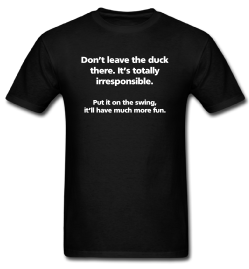So many languages, so much technology…
Suppose you had 100 digital recorders and 800 small languages, all in a country the size of California, but in one of the remotest parts of the planet. What would you do? What would it take to identify and train a small army of language workers? How could the recordings they collect be accessible to people who don't speak the language? My answer to this question is linked below – but spend a moment thinking how you might do this before looking. One inspiration for this work was Mark Liberman's talk The problems of scale in language documentation at the Texas Linguistics Society meeting in 2006, in a workshop on Computational Linguistics for Less-Studied Languages. Another inspiration was observing the enthusiasm of the remaining speakers of the Usarufa language to maintain their language (see this earlier post). About 9 months ago, I decided to ask Olympus if they would give me 100 of their latest model digital voice recorders. They did, and the BOLD:PNG Project starts next week. Please sign the guestbook on that site, or post a comment here, if you'd like to encourage the speakers of these languages who are getting involved in this new project.
 According to Dave Itzkoff, "
According to Dave Itzkoff, " Several readers have written to suggest LL coverage of the latest viral site, "
Several readers have written to suggest LL coverage of the latest viral site, "